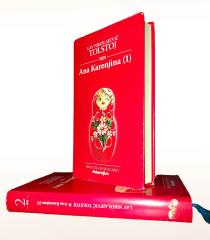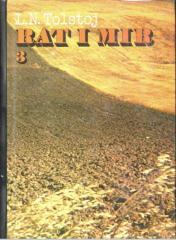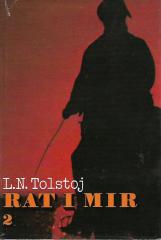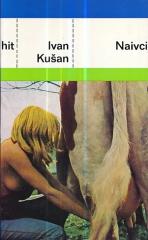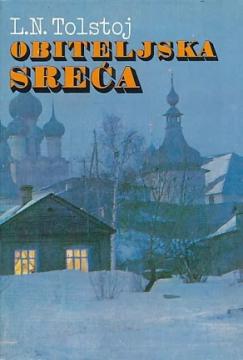
Obiteljska sreća
Family Happiness (1859.) is a significant work of Tolstoy's early work. Unlike his later moralistic works, here Tolstoy offers a tender, intimate story, focused on personal relationships, which makes it unique in his oeuvre.
In 19th-century Russia, seventeen-year-old Masha, after the loss of her parents, feels the weight of loneliness in her country home. Her life is illuminated by the arrival of Sergei Mikhailovich, a family friend and a more mature man, whose presence brings warmth and hope. Family Happiness, one of Leo Tolstoy’s more intimate works, follows Masha’s emotional and spiritual evolution through love and marriage.
Masha falls in love with Sergei, captivated by his wisdom and tenderness. Their relationship blossoms, but marriage brings unexpected challenges. Masha, full of youthful ideals, dreams of a passionate life, while Sergei seeks the peace of country life. Moving to the city further complicates matters: Masha is drawn to the glamour of social circles, while Sergei remains true to simplicity. Their conflicts reveal different perspectives on love and happiness, and Masha goes through an internal struggle between personal desires and family duties. Ultimately, through the birth of children and reconciliation, Masha finds a deeper meaning in family life, realizing that happiness lies in accepting reality, not in romantic ideals.
Family Happiness provides a bridge between his autobiographical works (Childhood, Boyhood, Youth) and his later epics (War and Peace, Anna Karenina). Inspired by Tolstoy's own relationship with Valeria Arsenyeva, the novel explores themes of love, marriage, and female emancipation, anticipating the complex psychological portraits in his later works.
No copies available
The last copy was sold recently.
